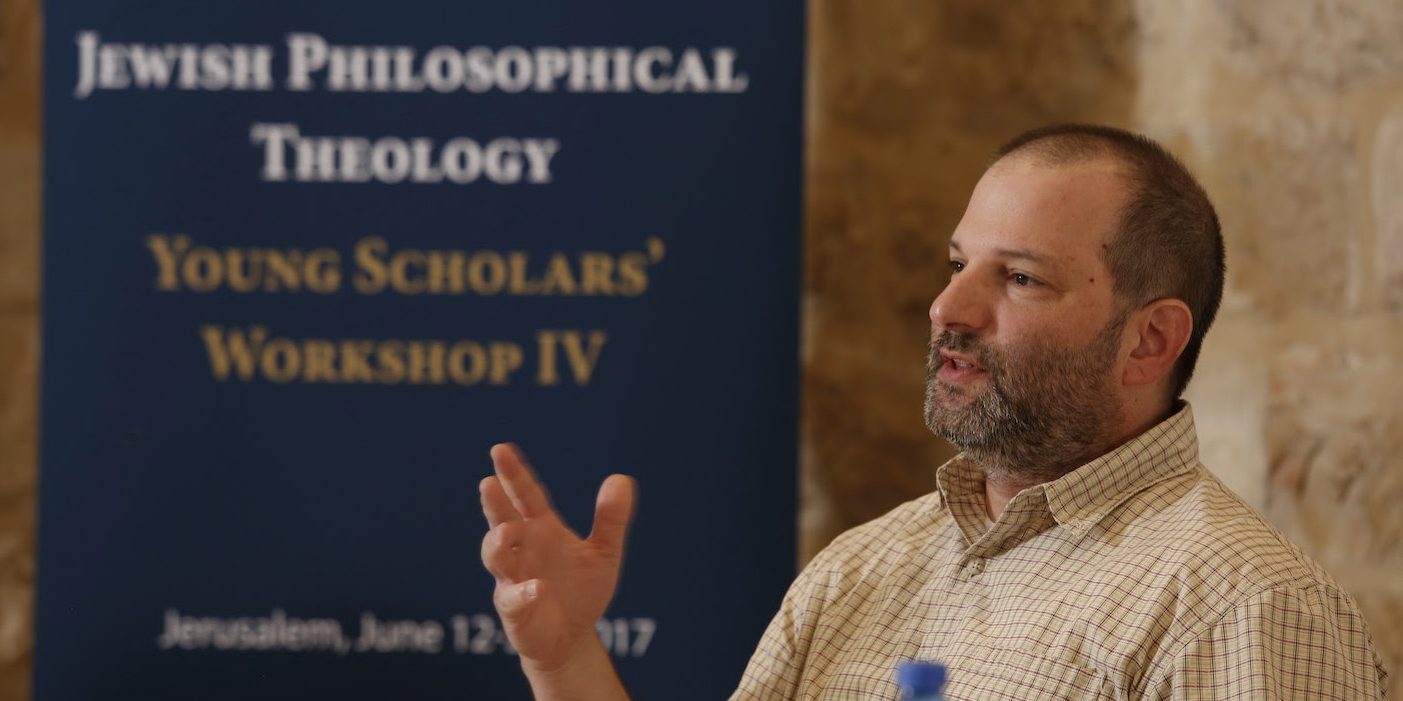Liturgy: “I forgive you, Dr. Blander”
When someone hurts my feelings, I never forget the hurt or the hurter. It takes a divine generosity for me to get over myself and to forgive.

What is the King’s Liturgy? King’s Liturgy defines our experience together as a Christian community. It outlines the rhythms we celebrate with the Church at large: Scripture readings, Sabbath habits, and celebration of Holy Days and historical events.
This Week’s Lectionary Readings
Exodus 14:19-31
Psalm 114
Romans 14:1-12
Matthew 18:21-35
This week’s liturgy is contributed by Eric Bennett, vice president of Student Development:
When someone hurts my feelings, I never forget the hurt or the hurter. It takes a divine generosity for me to get over myself and to forgive.
When Jesus speaks about forgiveness, he uses the image of debts to describe sins. When someone wrongs you, there is a sense that the wrongdoer owes you. The wrong has incurred an obligation – a debt. Anyone who has been wronged feels a compulsion to make the other person pay down that debt. We do that by hurting them, yelling at them, making them feel bad, or hoping that something bad happens to them. Only after we see them suffer do we sense that the debt has been paid. Forgiveness, on the other hand, means giving up the right to seek repayment from the one who harmed you – it’s a form of voluntary suffering.
If Dr. Blander breaks the lamp in my office, and if the lamp costs fifty dollars to replace, then the act of lamp-breaking incurs a debt of fifty dollars. If I let Blander pay for and replace the lamp, I get my lamp back and he’s out fifty dollars. But if I forgive him for what he did, the debt does not somehow vanish into thin air. When I forgive him, I absorb the cost and payment for the lamp: either I will pay the fifty dollars to replace it or I will lose the lighting in my office. To forgive is to cancel a debt by paying it or absorbing it yourself.
This week’s liturgy reminds me that forgiveness is granted before it is felt. It is a promise to refrain from payback, slander, or grumbling and to pray for the perpetrator as you remind yourself of God’s grace to you. Forgiveness strengthens your character and frees you to love rather than dwell in bitterness.
I forgive you, Dr. Blander.




